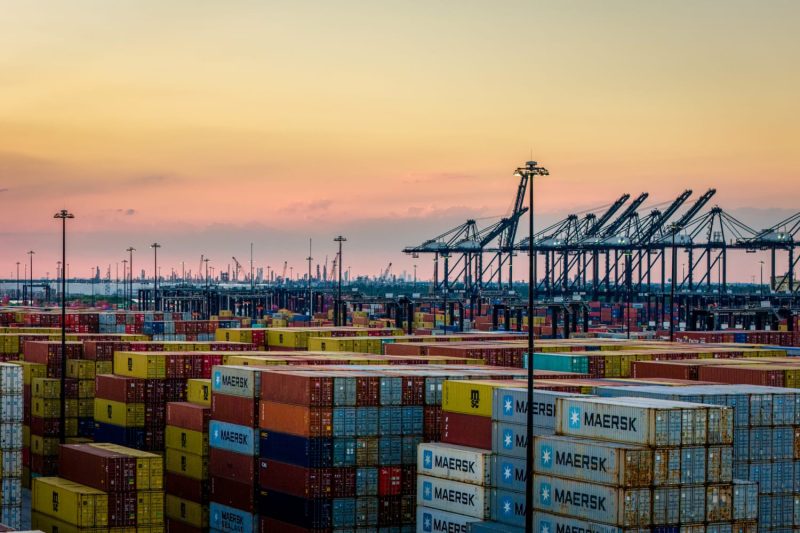The recent announcement of a major maritime strike poses a significant threat to ports across the east coast. With negotiations reaching a standstill between longshoremen and their employers, the potential strike action could have far-reaching implications for commercial activities and international trade in the region.
One of the primary concerns stemming from the looming strike is the disruption it could cause to supply chains. Ports along the east coast play a critical role in facilitating the movement of goods and materials, serving as key entry and exit points for international trade. Any disruptions due to a strike would not only impact the timely delivery of goods but could also lead to a backlog of shipments, creating a domino effect that reverberates throughout the supply chain.
Moreover, the economic ramifications of a maritime strike cannot be understated. The east coast ports contribute significantly to the local and national economy, generating employment opportunities and revenue for a multitude of industries. A prolonged strike could result in financial losses for businesses, decrease consumer confidence, and ultimately hinder economic growth in the region.
Another area of concern is the potential escalation of labor disputes and unrest among workers. A maritime strike could exacerbate existing tensions between labor unions and employers, leading to a breakdown in communication and trust. This could have lasting repercussions on labor relations, affecting future negotiations and potentially leading to further conflicts down the line.
Furthermore, the strike could also impact the competitiveness of east coast ports on a global scale. With other ports around the world vying for a larger share of the market, any disruptions or delays in operations could prompt shipping lines to reroute their vessels to alternative destinations. This shift could have long-term effects on the east coast ports’ standing in the international trade landscape, potentially resulting in a loss of business and market share.
In conclusion, the threat of a major maritime strike looms large over ports across the east coast, presenting a complex set of challenges for stakeholders involved. While negotiations continue in an attempt to avert the strike, the repercussions of such an event could be widespread and profound. It is imperative for all parties to prioritize dialogue, compromise, and cooperation to reach a resolution that safeguards the interests of workers, businesses, and the economy at large.

